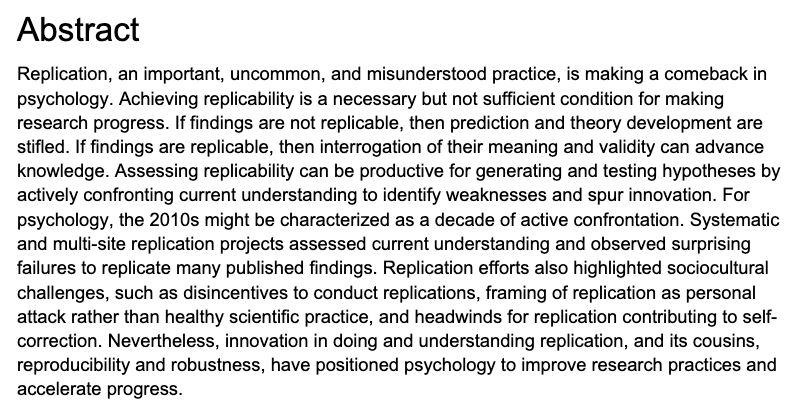
New in Nature Human Behavior: We had 353 peer reviewers evaluate published Registered Reports versus comparison articles on 19 outcome criteria. We found that RRs were consistently rated higher on rigor and quality.
Paper nature.com/articles/s4156…
Green OA osf.io/preprints/meta…
Paper nature.com/articles/s4156…
Green OA osf.io/preprints/meta…
Figure shows performance of RRs versus comparison articles on 19 criteria and 95% credible intervals. Red criteria evaluated before knowing the results, blue after knowing the results, green summarizing whole paper. 

Congrats to @cksoderberg Tim Errington @SchiavoneSays @julia_gb @FSingletonThorn @siminevazire and Kevin Esterling for the excellent work on this project to provide an additional evidence base for how Registered Reports can alter the credibility of published research.
The next step is to get funding for a randomized trial of Registered Reports in a naturalistic setting. Here's our proposal partnering with many journals to insert it during the revise-and-resubmit process when authors are asked to do another experiment. osf.io/preprints/meta…
And, thanks to Megan Higgs and @StatModeling for their commentary on the paper and Registered Reports more generally. nature.com/articles/s4156…
Press release summarizing the main findings. cos.io/about/news/ini…
• • •
Missing some Tweet in this thread? You can try to
force a refresh










